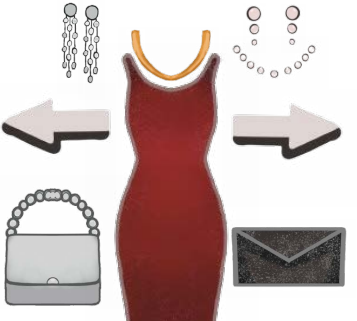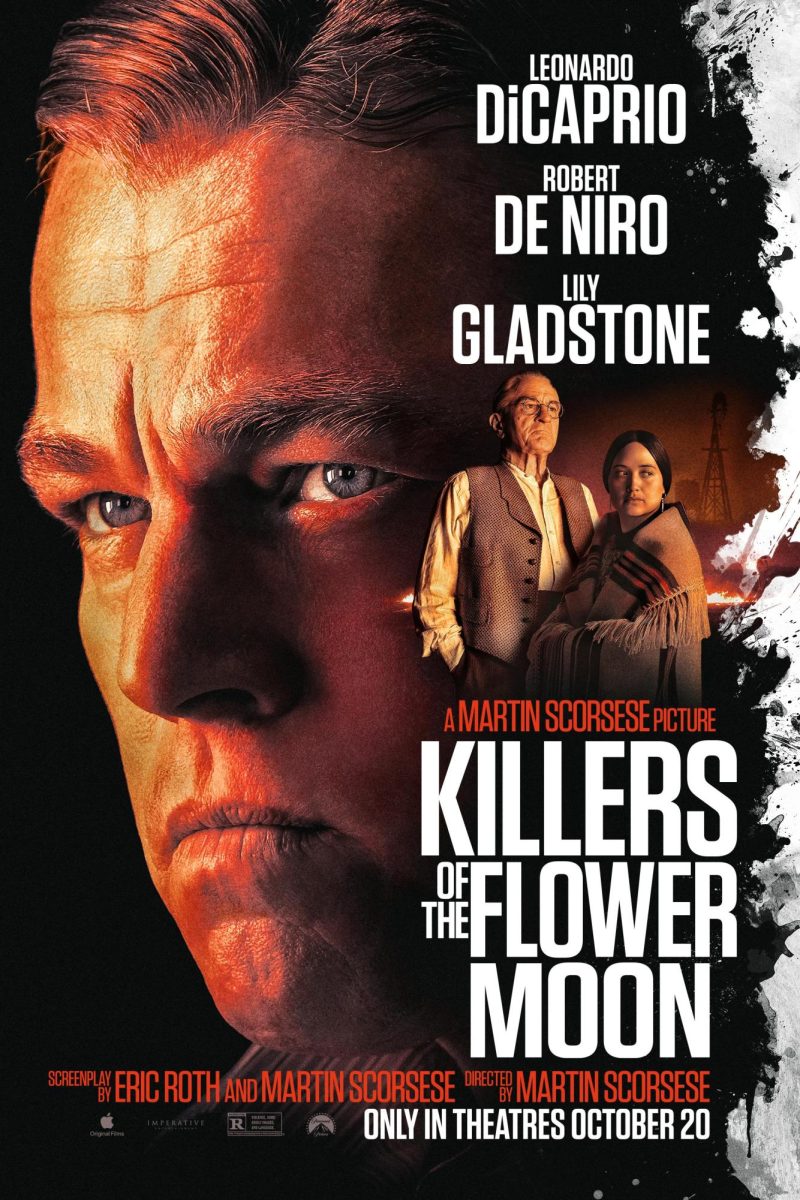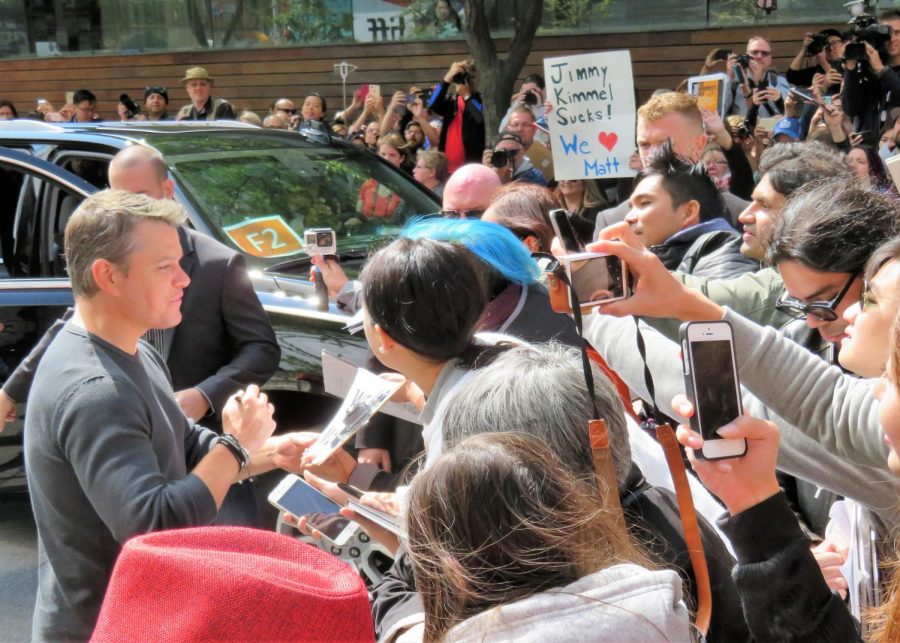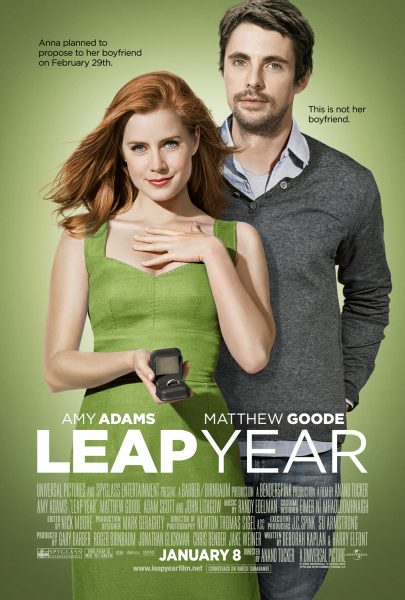Suburbicon is a deconstruction of film
Matt Damon at a press conference for Suburbicon.
November 17, 2017
An old story comes alive yet again in Suburbicon. Sure, the premise is quite cliche: a bored husband has his wife killed so that he can collect the life insurance money and run off with his lover to Aruba. But in Suburbicon, this concept is done extremely well; every scene is interesting and hilarious in its own way, and at points the film takes its more absurd moments to the absurd.
Many movie critics didn’t enjoy Suburbicon. Those reviewers are idiots. There are several complaints lodged against the movie, most of which are quite fair: the setting is bland; the characters are undeveloped flat cliches; the narrative in of itself is contrived. All of these complaints against the nature of the film are correct, and fair.
But that doesn’t matter. Throughout the film, I was enjoying myself at nearly every moment. The jokes were witty, and the images portrayed were absurdly comical. Of course, there were scenes in the movie that attempted a tone which wasn’t well conveyed, but no film can be perfect all the time.
What critics fail to notice about the movie is that it’s not trying to be original. It is a meta-narrative, making fun of current Hollywood film-making. The critic’s consensus of Suburbicon on Rotten Tomatoes is that Suburbicon was “A disappointing misfire for director George Clooney, Suburbicon attempts to juggle social satire, racial commentary, and murder mystery — and ends up making a mess of all three.”
The thing about all of these “themes,” however, is that they are boring ideas which Hollywood has been regurgitating into their more “artsy” films over and over again for a while now. “Social satire” and “racial commentary” have both been prevalent ideas in many films over the past few years. No one wants to watch another movie about how “blacks were oppressed in the 1960s” (and they still are, but nobody wants to talk about that), or how “suburban culture is inherently conformist” (we know, and we still don’t give a shit).
Suburbicon isn’t a good film because it handles any of these ideas or premises well, it’s a good film because it makes fun of these tired tropes by boiling them down into absurdist images.
Take the so-called “racial commentary” in the film, for instance: it is merely an image of a bunch of whites making a racket around a black family’s house. This is the extent of the racial commentary on the film; there is almost no characterization of the black family or the white mob which surrounds them. To think that this is serious “racial commentary” by any means is a very shallow idea. It is an absurdist image making fun of so-called “deep racial commentary” in other films. It is poking fun at the idea that these other films say anything interesting or novel on the issue.
In this way, Suburbicon isn’t really a film; it’s more of a deconstruction. And all of the critics seem to have missed the point. Does anyone sincerely believe that George Clooney and the Coen Brothers are stupid enough to believe they can “juggle social satire, racial commentary, and murder mystery” and do a good job of it? No, of course not, and that’s not what they’re trying to do with Suburbicon.
As for the technical aspects of the film, they are all done rather well. The acting, cinematography and set design are all very good. The film lags in some places, and the beginning is a bit boring before it settles more into the action (this, however, is a very minor complaint).























































































